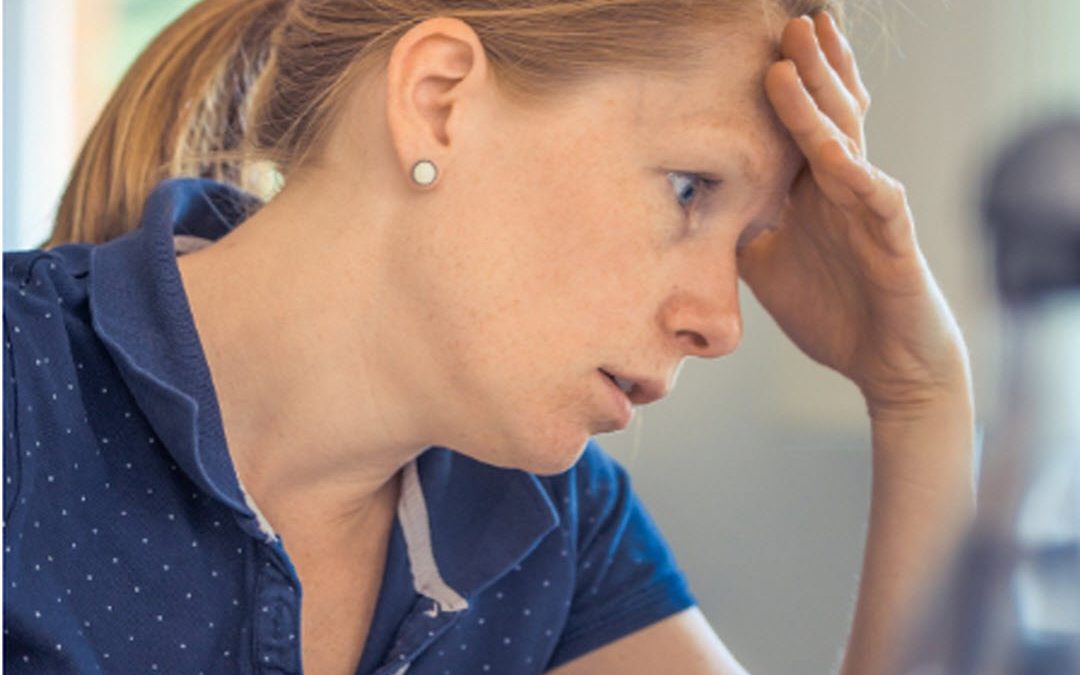Looking through my latest journal from the Canadian Nurses Association, I was struck by a couple of comments on those caring for a family member or friend.
“About 13 million Canadians are providing some type of care to a family member or friend, with age-related health issues being the most common reason this help is needed. … It is estimated that family caregivers contribute more than $5 billion in unpaid labour annually to Canada’s health-care system.” (pg.20).
That’s a lot of time spent attending to the needs of others, never mind the other day-to-day responsibilities these people must also attend to. Trying to juggle all the responsibilities and activities in a day must leave many people feeling exhausted. It got me to wonder: How can these care-givers prevent burn-out? What do they need? How are they able to replenish themselves so they can continue to help others and maintain their own health?
Burn-out is often mentioned in stress-management literature. Essentially, it is the point of total exhaustion on all levels. The effects of long-term chronic stress may not be apparent at first, but eventually they come cascading down on the individual. Even though most people realize on some level that they cannot keep up this pace over a long time without some type of fallout, they keep going. Many feel they are trapped and cannot take time to rest, reflect and recharge, as their free time is short and their list of responsibilities is long. Some are hooked into the situation because of guilt, dependency or because they worry about what other people would think if they did not help out. But if you don’t take care of the care-giver, and the care-giver gets ill or worse, who will then take care of the ailing friend or family member?
From this standpoint, care for the care-giver is not a luxury or frill – it is a necessity! If the care-giver is in trouble, then the whole situation is in trouble. So what does it take to help a care-giver avoid burn-out?
Let’s back up the train a bit: perhaps the best time to learn and utilize loving self-care is before we find ourselves stretched beyond our limits. Being proactive in our health and stress management goes a long way to maintaining good health, even during stressful times. Knowing what we need and what works for us will come in handy throughout our lifetime.
Humans are said to be multi-dimensional in that we are Physical – Emotional – Intellectual – Social – Spiritual Beings. It stands to reason that our stresses can overwhelm us in any of these dimensions. A healthy repertoire of coping and stress-management approaches is necessary if we want to head off the threat of burn-out. Having a variety of healthy ways to handle stress offers us the most resiliency to bounce back. What would these approaches be?
In no particular order, here are some suggestions:
- get enough sleep to feel refreshed each day
- eat a well-balanced diet and take supplements as required to help fuel our energy banks
- do some form of regular exercise that offers a chance to help work off excessive frustration, worry or anger and replace with a sense of accomplishment and relief
- create a strong supportive network of neighbours, family, and friends to call upon, to visit with and/or share your thoughts and feelings AND hugs
- perform a meditative practice which helps connect to a Higher Power so that you feel guided, protected and loved each day
- do something that makes you feel special
- use natural aromas to help keep your mood upbeat and the home setting pleasant
- take some time each day to do something that stimulates your curiosity (reading or exploring)
- take some time each day to do something that stimulates your thinking (crossword puzzles, anyone?)
- take some time each day to day-dream and do your hobbies (fun and fantasy!)
- get outside for fresh air at least once a day
- if you need help, ask for it
- if the situation is becoming too much to handle by yourself, contact community agencies that can help or that can put you in touch with the agencies that can help you
- if you need professional counseling, get it
- BE KIND TO YOURSELF – YOU ARE A WORK IN PROGRESS!
Add as many other approaches as you like – the wider the choice, the better your chances of keeping stress under control.
Learning to cope with stresses is an important step to maintaining a healthy and happy outlook and life. And if, at some point, you take on a care-giver role, you’ll know how to deal with the stresses that come with the job. That’s because you are already doing it for yourself!
Did you know ……
- 96% of Canadians think it is important (74.8%) or somewhat important (21.1%) to be able to age at home with access to health care in a home setting (CNA research October 2014)
- 94% of Canadians want more financial aid from the federal government for family caregivers who are caring for aging relatives (67% support; 26.8% somewhat support)
(CNA research October 2014) - Labatt Brewing Company has created practical help for parents wanting strategies to help keep dialogue open with children and teens regarding the use of alcohol. Go to LabattFamilyTalk.ca
to download their free Parenting Guide, see videos and tips from experts in the field

